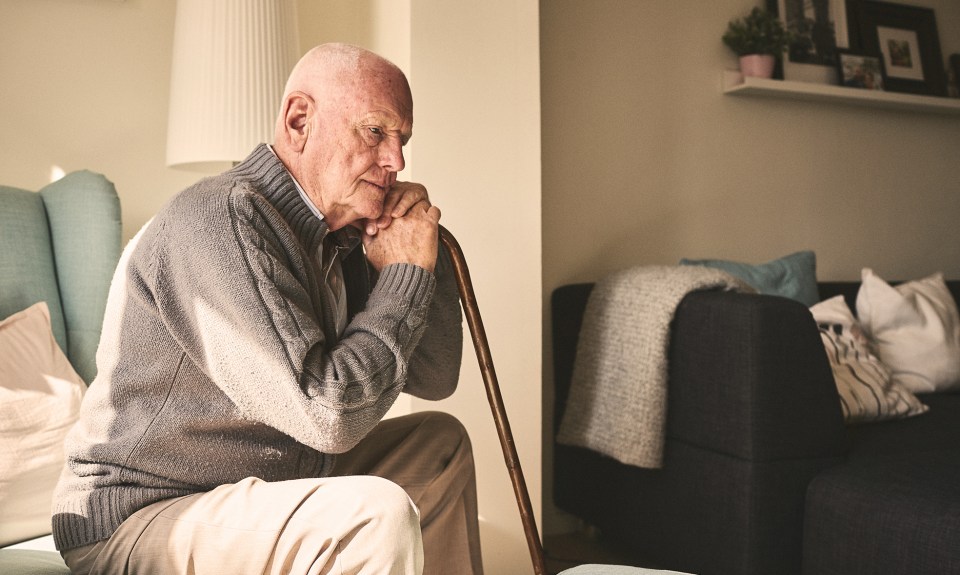When it comes to mental health, older adults are one segment of the population that often gets overlooked. Overcoming complex surgeries, living with multiple chronic conditions and increased isolation are some of the unique challenges older adults face that can have a significant impact on mental health.
By recognizing these challenges, older adults and their loved ones can better understand the importance of mental well-being and how to promote mental health as we age.
Why are Mental Health Issues More Common in Older Adults Than We Think?
Isolation is one of the main reasons older adults experience depression or other mental health problems. This could be a result of friends or loved ones passing away or even family members moving to a new city.
Chronic conditions could also be part of the problem. According to the National Council on Aging, 80% of older adults have at least one chronic condition, sometimes even more. One study concluded that those suffering from chronic pain were 54% more likely to be diagnosed with anxiety and depression.
Diagnosing older adults with mental illness is also particularly difficult because psychiatric conditions can be misinterpreted as physical and psychological declines that are common with age. Because of this, older adults and their loved ones should be trained to recognize red flags when they see them, even if they are subtle.
Recognizing the Signs of Mental Health Decline
There are several key factors that may put an older adult at risk of experiencing mental health declines.
Someone who might be dealing with depression or other mental illnesses may have multiple health conditions, consistent physical pain and be isolated with limited family and friends around. Talking about splitting assets or about death more than usual could also be a sign that a person’s mental health is declining.
Recognizing these signs can help ensure you or a loved one receives the right care they need to improve their overall mental health.
How to prioritize mental health in older adults
Starting the conversation and understanding the importance of mental health in older adults is critical to overcoming mental health issues. Just as many people prioritize physical health, it is just as important to prioritize mental health and well-being.
Having a support system is critical to maintaining mental health. Continued social interaction is scientifically proven to help older adults live happier and healthier lives. Social interaction has also been shown to lower blood pressure while also decreasing the risk of dementia and cardiovascular issues.
Goal setting is another great resource for older adults. Goals, no matter how big or small, are a great way to focus attention and energy on something external. Having goals can also add a sense of purpose to someone’s life where they didn’t feel like they had one before.
Through raising awareness and education, we can continue to prioritize mental health in older adults and identify ways to continue promoting its importance with age.
The content of this site is for informational purposes only and should not be taken as professional medical advice. Always seek the advice of your physician or other qualified healthcare provider with any questions you may have regarding any medical conditions or treatments.



